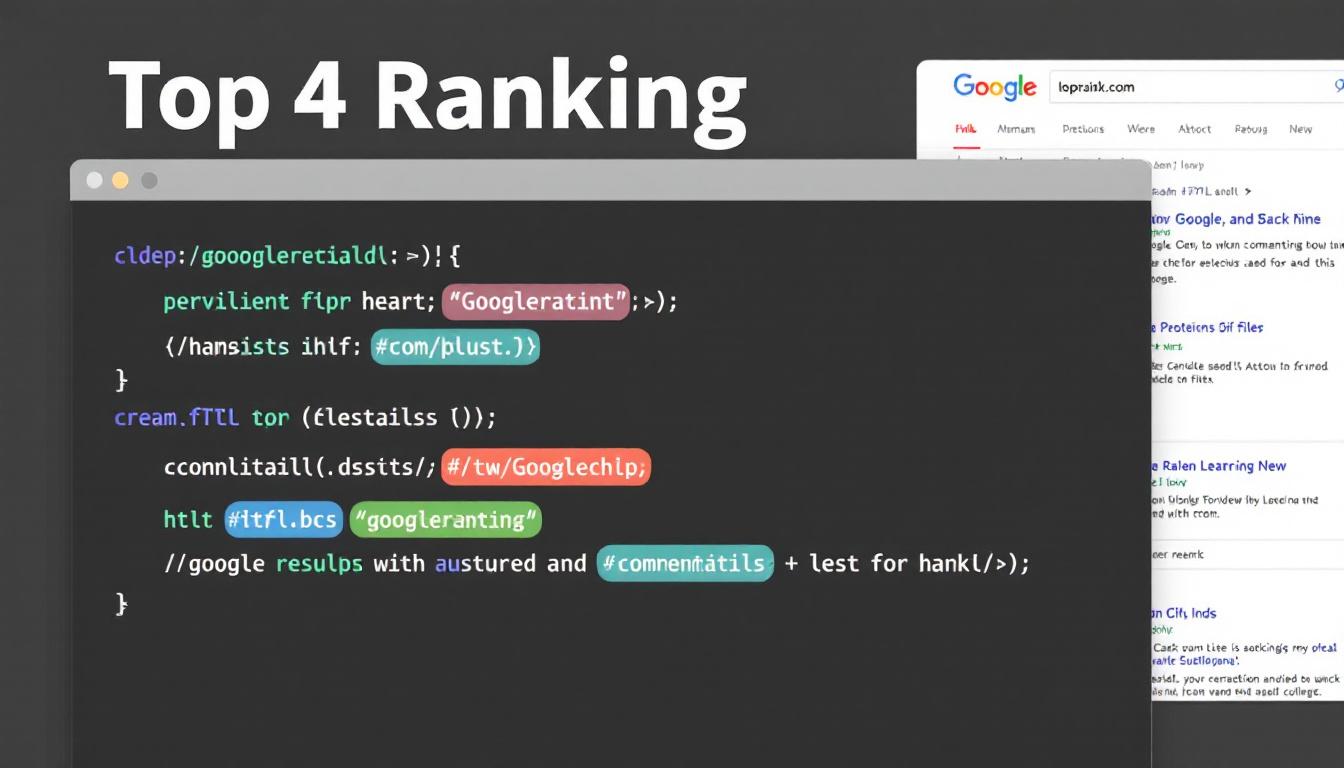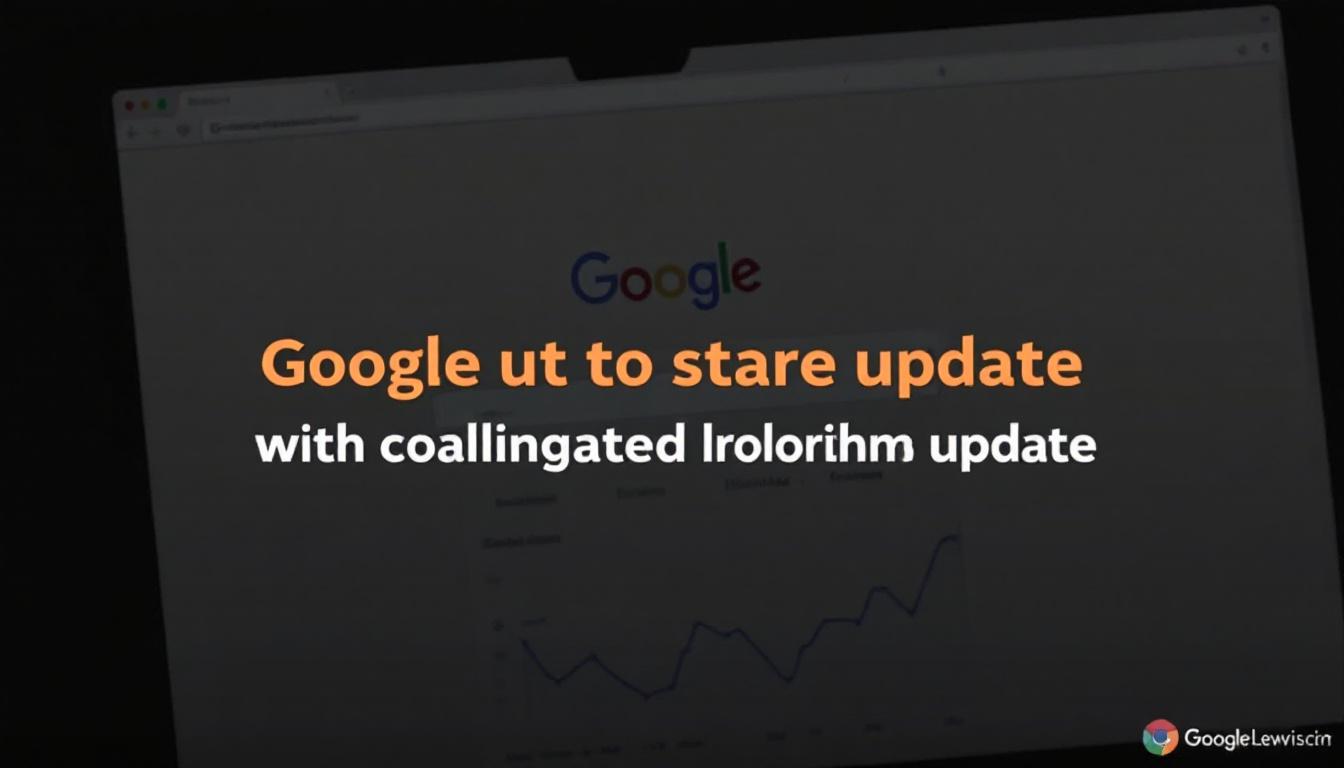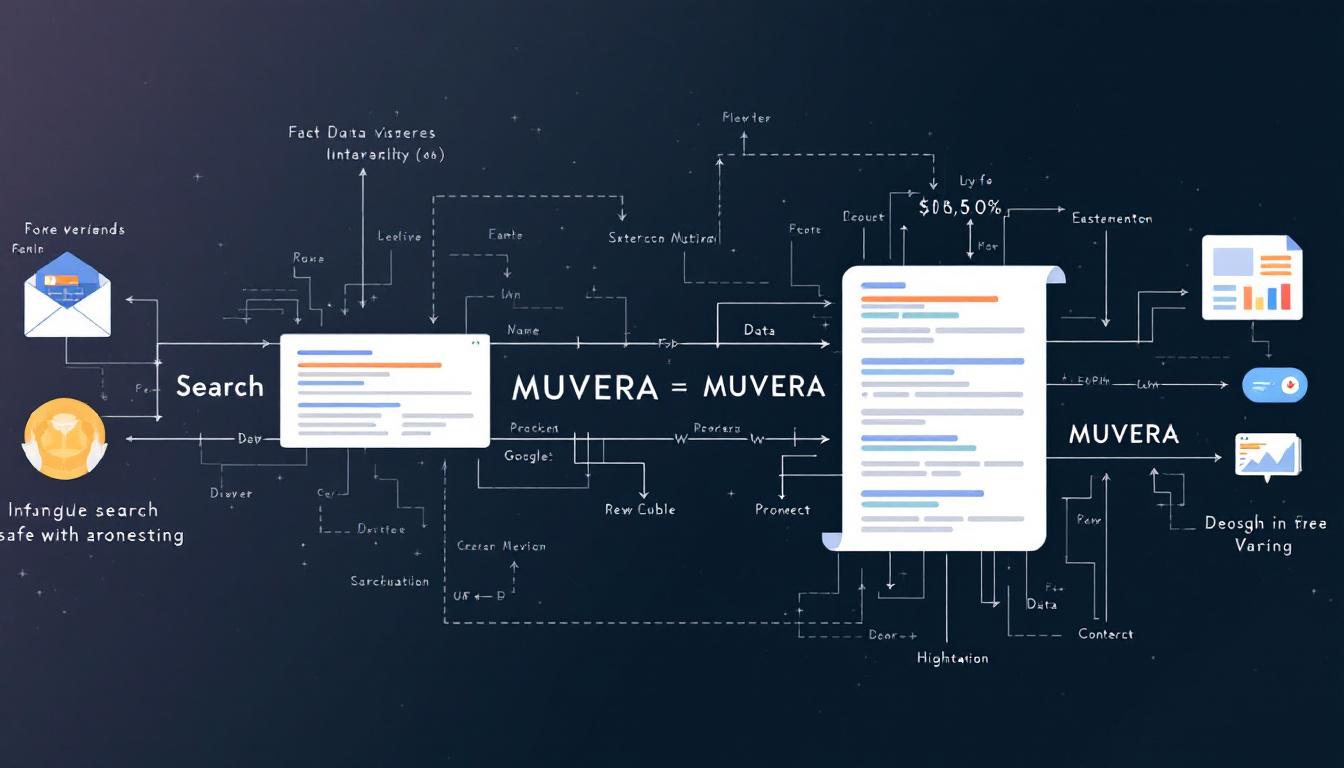In a strategic move aligned with its expanding AI initiatives, Google is inviting voluntary departures from several of its essential U.S. teams.
SiteGuru
Elevate and track your website's performance with a practical SEO action plan.
This initiative spans across Search, Ads, engineering, marketing, and research departments, offering employees a chance to exit gracefully as the company recalibrates its focus towards artificial intelligence.
Voluntary Exit Initiative versus Traditional Layoffs
Unlike previous workforce reductions, Google’s current approach emphasizes employee choice, presenting an alternative to involuntary layoffs.
This method aims to align the company’s human resources with its future objectives without the abrupt disruptions typically associated with layoffs.
Framing the Program
Google’s leadership has articulated the voluntary nature of this program, highlighting its intent to support employees whose career aspirations may no longer align with the company’s direction.
In a detailed memo obtained by Business Insider, Jen Fitzpatrick, Senior Vice President of Core Systems, explained that the program is designed for those who might not feel connected to Google’s core mission or are struggling to meet their current roles’ demands.
She emphasized that the initiative is not aimed at reducing headcount but rather fostering internal mobility and new growth opportunities within the company. Despite the voluntary label, this initiative echoes previous restructuring efforts.
Earlier in the year, internal changes within Google’s Platforms and Devices division led to significant layoffs affecting teams like Pixel, Nest, Android, and Assistant.
The full impact of the current buyouts on future staffing remains uncertain.
Updated In-Office Requirements
Alongside the voluntary exit offers, Google is revamping its hybrid work policy to encourage more in-person collaboration among its workforce.
New Hybrid Work Policy
The updated policies reflect Google’s commitment to fostering a collaborative environment by increasing the time employees spend working onsite.
Employees based in the U.S. who live within 50 miles of a designated office location are now requested to return to the office, adhering to a mandatory three-day in-office schedule each week.
Fitzpatrick underscored the importance of face-to-face interactions for effective teamwork and innovation, stating that physical presence is irreplaceable for achieving rapid progress and cohesive project development.
These adjustments signal a cultural shift towards prioritizing in-office work, aiming to strengthen team alignment and shared objectives within the company.
Aligning Workforce with AI Strategy
Google’s restructuring efforts coincide with its broader strategy to integrate artificial intelligence across various business segments, signaling a significant pivot towards AI-driven development.
AI Integration Across Services
The company has been actively embedding AI into its products and services, enhancing functionality and user experience.
Over the past year, Google has introduced AI-driven features such as AI Overviews in Search, expanded access to AI Mode, and launched automated tools for ad campaign generation and optimization.
Additionally, the investment in Gemini and the acquisition of Wiz, a cybersecurity firm dedicated to AI and cloud security, underscore Google’s commitment to embedding artificial intelligence deeply within its operations and offerings.
Fitzpatrick described this period as a transformative era for Google, with AI reshaping products, tools, workflows, and innovation processes, highlighting the integral role of AI in the company’s future.
Future Implications for Teams and Services
The ongoing changes may have far-reaching effects on how Google’s teams operate and the services they develop, particularly in the realms of marketing and search engine optimization.
Impact on Product Development
As Google refines its team structure, the focus is likely to shift towards more dynamic and AI-centric product offerings.
Marketers and SEO professionals can anticipate accelerated product launches, more advanced search functionalities, and increased automation within advertising tools. This restructuring is poised to streamline Google’s ability to innovate and respond swiftly to market demands.
Google’s emphasis on in-office collaboration and workforce alignment is expected to enhance the development of next-generation AI tools, positioning the company to maintain its leadership in the evolving technology landscape.
The Bottom Line
Google’s latest voluntary buyout program for its U.S. core teams is a strategic maneuver reflecting the company’s pivot towards artificial intelligence and a more collaborative work environment.
By offering employees the choice to depart and simultaneously reinforcing in-office work requirements, Google aims to cultivate a workforce that is both aligned with its AI-driven objectives and poised to innovate effectively.
As the company continues to integrate AI across its services, these changes may pave the way for more agile and advanced product development, ultimately shaping the future of digital marketing and search technologies.








